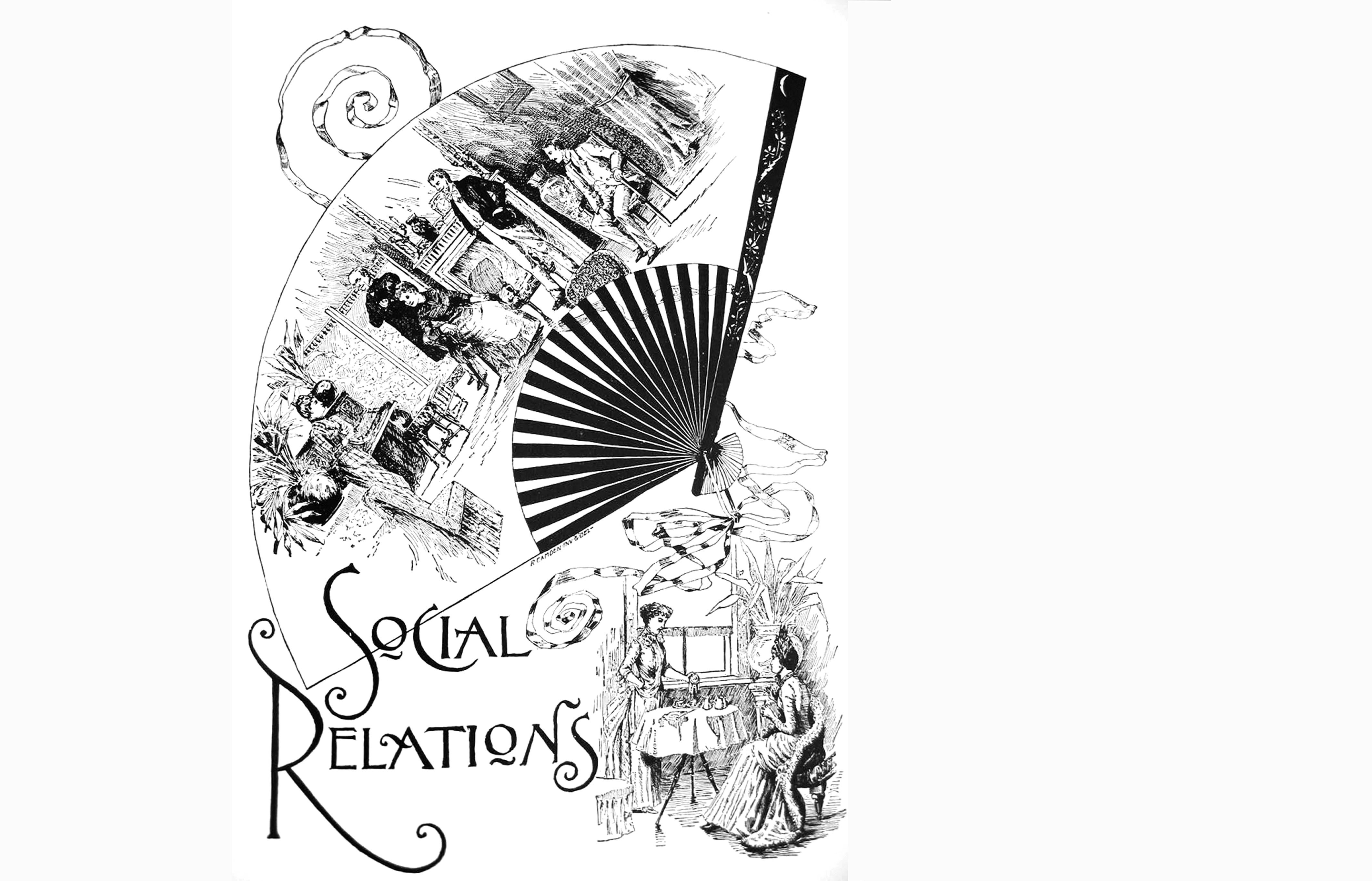An offshoot is the conviction that a person’s first obligation is to take very good care of his or her body, a conviction expressed at all spots along the political spectrum. There is an extensive literature on the swindle of coaching programs that promise to help often-desperate people—often middle-aged women looking for jobs—produce their best, most marketable self; see, for example, Barbara Ehrenreich’s Bright-Sided: How Positive Thinking Is Undermining America (New York: Picador, 2010).
Margaret Thatcher’s famous remark to Woman’s Own magazine was “There are individual men and women and there are families … There is no such thing as society” →.
What was underway, of course, was a redistribution of social wealth from poor to rich and the relaxation of business regulations and taxes.
See Jennifer Pan in Jacobin magazine for public-relations workers, who evoke scorn from virtually everyone outside it: →.
The reasons for the changes in the social function of museums are too complex for me to address here, though I have done so in various place elsewhere. Fredric Jameson, in his recent, wide-ranging article “The Aesthetics of Singularity,” in NLR 92 (March–April 2015), refers to the museum as having been transformed into a “popular and mass-cultural space, visited by enthusiastic crowds and advertising its new exhibitions as commercial attractions” (107–8).
Some have suggested that the prevalence of illness and death in the nineteenth-century West meant it was not unreasonable to offer the hope that nothing untoward had happened between the sending of a letter and its receipt.
Itself an early sign of the era of enforced cheerfulness, debuting in the early 1970s.
See Maeve Maddox, “Yours faithfully or Yours sincerely?” Daily Writing Tips, for a pocket history of accepted US and UK letter closings →.
The vocabulary of American English, not to mention International English, seems to be shrinking drastically and sinking toward childhood phraseology: mean to convey actively unpleasant or unkind; huge to convey large; amazing to mean good; incredible to mean very good or excellent; and to dislike something is to hate it, to like it is to love it, and so on—while to express approval in groups, applause has been replaced by hooting, especially it seems on the part of women.
Jameson, “The Aesthetics of Singularity.”
There is no space here to explore the pressure on non-managerial workers to put in longer hours without receiving overtime pay. This dilemma has been partially addressed by the US Department of Labor’s recent extension of overtime pay rules under the Fair Labor Standards Act. See Fran Sussner Rodgers, “Who Owns Your Overtime?” New York Times, June 22, 2015 →: “The update … will affect millions of salaried employees. In 1975, the last year the threshold was significantly raised, 60 percent of salaried workers fell within the requirement for overtime pay. Today, only 8 percent do … Employees in the United States currently work more hours than workers in any of the world’s 10 largest economies except Russia (though we don’t have good data for China) … When everything over 40 hours is free to the employer, the temptation to demand more is almost irresistible. But for most employees, the ones exempt from overtime rules, their managers have little incentive to look for ways to use their time more efficiently.” More dubious—the article was written by a business consultant—is Rodgers’s assertion that “it’s not just a question of getting paid fairly for every hour you work. It’s about using the time well … an overwhelming majority of employees do not resent spending time that is clearly directed toward customers or the success of the enterprise.”
Artists must retain some faith in the gallery system even if cynical about its behaviors.
For a humorous take of what the automation of the affective labor performed in e-mail writing might look like, see the Gmail app Emotional Labor by Joanne Mcneil. On the app's website the copy reads "Lighten up your email with the Emotional Labor extension. Works on any email sent through Gmail (...) Then click the smiley face to brighten up the tone of the email before sending."
The corporation may adopt some maternal slant in its transactions, but a firmly male identity is attached to every visionary tech “pioneer,” and ruthless business tactics (despite such slogans as Google’s “Don’t Be Evil”) are employed.
The feeling most people understandably express when asked about their “help desk” experience is inchoate rage, against which this false caring is preemptively deployed.
Nathan Heller, “Naked Launch,” New Yorker, November 25, 2013, 69. Available online →.
See Fred Turner, From Counterculture to Cyberculture: Stewart Brand, the Whole Earth Network, and the Rise of Digital Utopianism (Chicago: University of Chicago Press, 2010), which I have not read. But hippie capitalism continues, of course: see Ronda Kaysen, “The Millennial Commune,” New York Times, July 31, 2015, →, for a hilarious account of a very much post-hippie, upscale, expensive “co-living” space in downtown Manhattan called “Pure House,” and other, similar corporate ventures elsewhere, which are more like cozy, all-service dorms in a hyper-elite college than anything like the communal spaces of the Sixties and early Seventies. From the article: “Prospective residents answer probing questions like ‘What are your passions?’ and ‘Tell us your story (Excite us!)’ … promotional materials describe … a ‘highly curated community of like-minded individuals.’ In other words, they rent a room in an apartment in Williamsburg, Brooklyn, but with opportunities for social and spiritual growth, like dinner parties and meditation sessions.”
Luc Boltanski and Eve Chiapello, The New Spirit of Capitalism, (London: Verson, 2006).
Or in Badiou’s terms, the evental coming into political visibility of industrial workers.
See →
